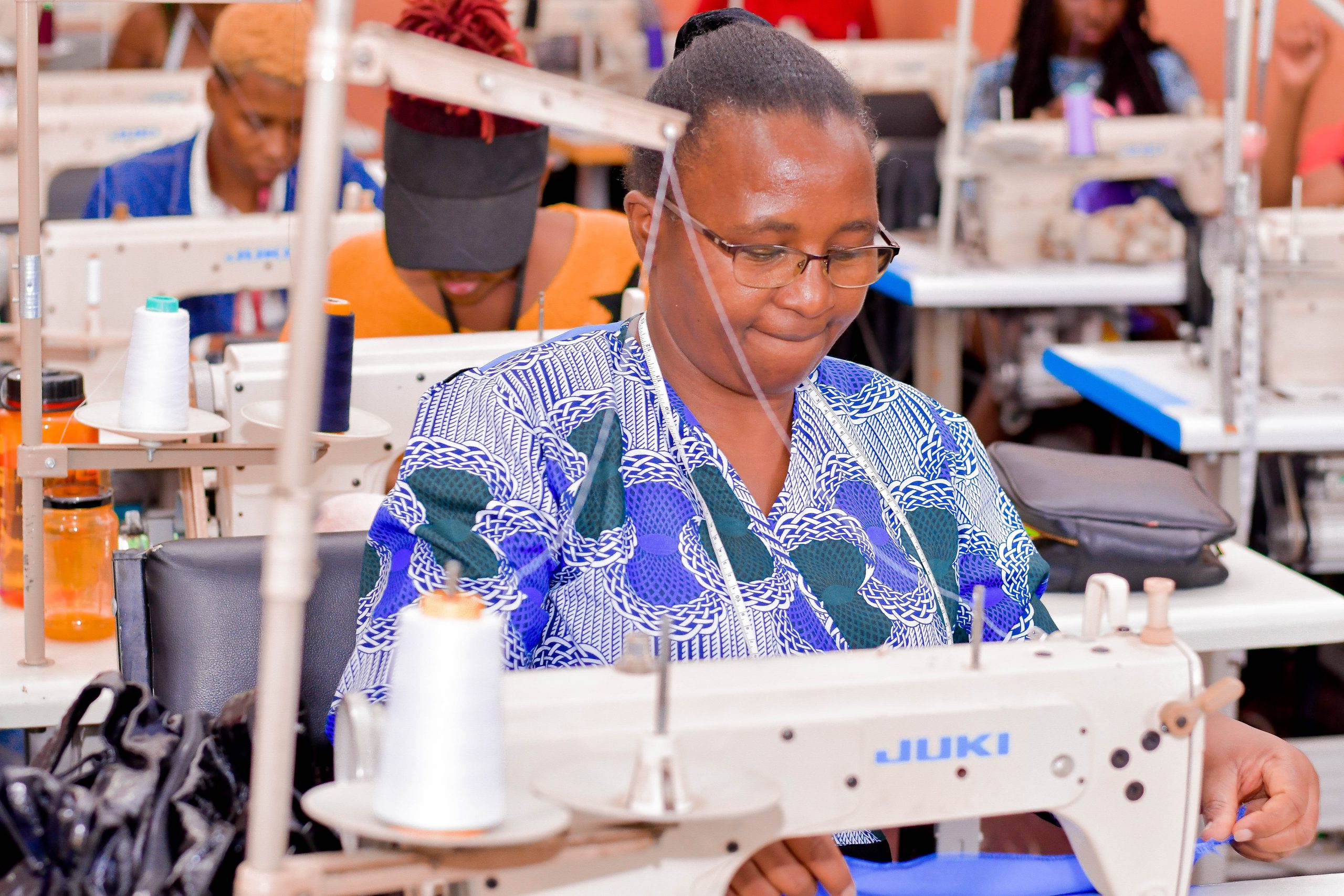
Why Continuous Learning Is Important In The Fashion Industry
Article by Saitoti Meitamei
The fashion industry is constantly evolving, with new trends, technologies, and business
models emerging every day. To remain competitive and successful, fashion designers, tailors,
and industry professionals must embrace continuous learning. Whether through formal
education, workshops, online courses, or industry networking, ongoing skill development is
essential for growth in this dynamic field.
1. Keeping Up with Fashion Trends
Fashion is a fast-paced industry where trends change rapidly. Continuous learning helps
professionals stay updated on emerging trends, customer preferences, and global influences
that shape fashion.
Why This Matters:
Helps designers create trendy and relevant collections
Enhances marketability and brand appeal
Ensures competitiveness in the industry
2. Adapting to Technological Advancements
Technology plays a crucial role in modern fashion design, from digital pattern making to AIdriven fashion analytics. Staying updated with new tools and software enhances creativity
and efficiency.
Key Technologies to Learn:
Fashion design software (Adobe Illustrator, CLO 3D, CorelDRAW)
AI and data analytics in fashion forecasting
Sustainable textile innovations
3. Enhancing Creativity and InnovationLearning new techniques, studying different cultures, and experimenting with various fabrics
can spark creativity. Exposure to fresh ideas leads to unique and innovative designs.
Ways to Boost Creativity:
Attending fashion exhibitions and runway shows
Engaging in hands-on workshops
Exploring diverse artistic inspirations
4. Expanding Career Opportunities
Fashion professionals who continuously upgrade their skills are more likely to advance in
their careers. Employers and clients value individuals who are knowledgeable about industry
advancements.
How Continuous Learning Benefits Your Career:
Increases job prospects in leading fashion houses
Opens doors to higher-paying roles
Allows for career diversification (e.g., fashion marketing, styling, or textile design)
5. Mastering Business and Entrepreneurial Skills
For those aspiring to run their own fashion businesses, continuous learning in
entrepreneurship, marketing, and management is essential.
Key Areas to Learn:
Digital marketing for fashion brands
Financial management for small businesses
Customer relationship management
6. Understanding Sustainable and Ethical Fashion
Sustainability is becoming a major concern in the fashion industry. Learning about ecofriendly materials, ethical production methods, and waste reduction can give professionals a competitive edge.
Important Aspects to Focus On:
Sustainable fabric sourcing
Ethical labor practices
Recycling and upcycling fashion waste
7. Improving Technical Tailoring Skills
Fashion professionals must master various sewing, draping, and pattern-making techniques to
create high-quality garments. Continuous training ensures proficiency in both traditional and
modern tailoring methods.
Techniques Worth Learning:
Advanced stitching methods
Precision pattern-making
Smart textiles and wearable technology
8. Building a Strong Professional Network
Engaging in continuous learning exposes professionals to industry leaders, mentors, and likeminded individuals. Networking opens doors to collaborations and job opportunities.
Ways to Network in the Fashion Industry:
Attending fashion seminars and trade fairs
Joining fashion associations and online communities
Participating in mentorship programs
9. Enhancing Personal Branding
Fashion professionals with updated knowledge and skills position themselves as experts in
the industry. This helps in building credibility, attracting clients, and increasing social media
presence.
Steps to Strengthen Your Brand:
Showcasing expertise through blogs, tutorials, or workshops
Staying active on social media platforms
Collaborating with fashion influencers and media outlets
10. Staying Resilient in a Competitive Industry
Fashion is a highly competitive field where only the most adaptable and informed
professionals thrive. Continuous learning equips individuals with the ability to handle
challenges and innovate when necessary.
How Learning Ensures Longevity in Fashion:
Helps in problem-solving and crisis management
Encourages adaptation to economic and industry shifts
Provides confidence to explore new business models
Conclusion
The journey of a fashion professional does not end with a certificate or degree. To remain
relevant and excel in the industry, continuous learning is key. By staying informed about
trends, technologies, and business strategies, fashion professionals can enhance their skills,
expand their career opportunities, and ultimately achieve success in the fashion world.
Start Your Learning Journey with Delight Tailoring Fashion & Design
School!
At Delight Tailoring Fashion & Design School, we offer continuous training programs to
help aspiring and experienced fashion professionals stay ahead in the industry. Whether
you’re looking to upgrade your skills in tailoring, fashion design, or entrepreneurship, we
have the right courses for you.
📞 Call +254 722 533 771 / +254 724 566 088
🌐 Visit delight.ac.ke to learn more and enroll today!



